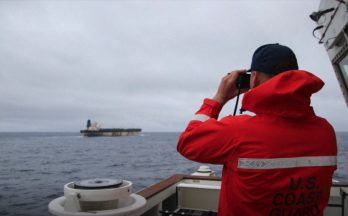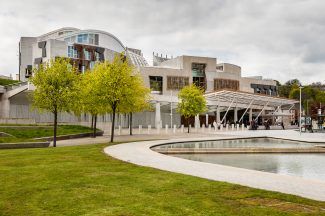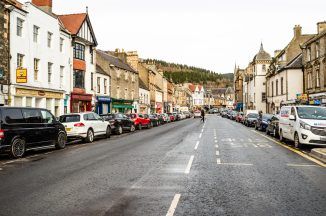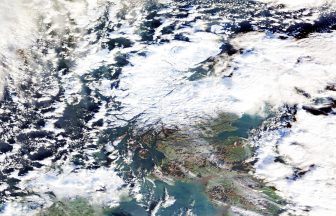The introduction of measures to prevent “damaging” activities in many of Scotland’s Marine Protected Areas (MPAs) has “stalled”, environmental campaigners claimed.
While green groups celebrated when the Scottish Government designated 32 MPAs a decade ago in August 2014, campaigners said only around half of these initial areas currently benefit as a result of “protection from damaging fishing activities”.
Those were introduced in January 2016 – but groups including the Scottish Wildlife Trust, National Trust for Scotland, RSPB Scotland and the Marine Conservation Society now fear this process of rolling out such protections has “stalled”.
In a letter sent to Acting Net Zero Secretary Gillian Martin, they added that one area designated as an MPA, the West Shetland shelf, has “even less protection now than it did when designated due to the repeal of protections for spawning cod”.
Marine conservation charity Open Seas, another signatory to the letter, noted that “60% of Marine Protected Areas (19 of 32) designated in 2014 still have no protections from scallop dredging and bottom-trawling” – which it described as “fishing methods that scrape the seabed”.
And while measures protecting some MPAs from such practices were introduced in 2016 the groups – who also include Whale and Dolphin Conservation, the Scottish Creel Fishermen’s Federation (SCFF) and the Sustainable Inshore Fisheries Trust (SIFT) – added that since then there have been “unprecedented declines in Scotland’s marine wildlife”.
As a result they said the “need to deliver the outstanding protections for MPAs” had “never been greater”.
The groups called on the Scottish Government to consult on fisheries management measures for both the remaining MPAs and Priority Marine Features – habitats and species considered to be a priority for conservation – before the end of 2024.
Ministers must also “prioritise sufficient resourcing such that the Scottish Government can deliver these”.
In their letter, the organisations – which also include Fish Legal, the Community of Arran Seabed Trust (Coast), Oceana UK, Fauna and Flora, the Transform Bottom Trawling Coalition, the Coastal Communities Network (CCN) and the Blue Marine Foundation – noted that while the introduction of MPAs back in 2014 was a “celebrated decision”, this provided “only part of the process needed to deliver real protection to our seas”.
Stressing the importance of “establishing management measures to protect these sites”, campaigners said these had been introduced in “around half of the inshore MPAs” – adding this meant the other areas remain as “only ‘paper parks’ where protection from damaging fishing activities” has still to be delivered.
“Unfortunately, this process has stalled,” the Acting Net Zero Secretary was told.
The groups added: “We are concerned that continued delay risks ongoing harm to the marine environment, undermines the trust of coastal communities and leaves many stakeholders, including in the fishing industry, disillusioned and with little certainty.”
Insisting there is “clear public and stakeholder support for Scotland’s MPA network to be properly protected and managed”, the groups told Ms Martin: “We believe that it is now time for priority action to deliver what has been promised.
“These actions will have a long lasting positive legacy for our marine environment, for our coastal communities and sustainable marine industries, and for future generations.”
A Scottish Government spokesperson said: “Government, the industry and communities all have a shared interest in ensuring that both Scotland’s fishing industry and our marine environment can thrive sustainably.
“Putting in place the remaining fisheries management measures required to protect priority marine features and marine protected areas remains a high priority for the Scottish Government.”
Follow STV News on WhatsApp
Scan the QR code on your mobile device for all the latest news from around the country


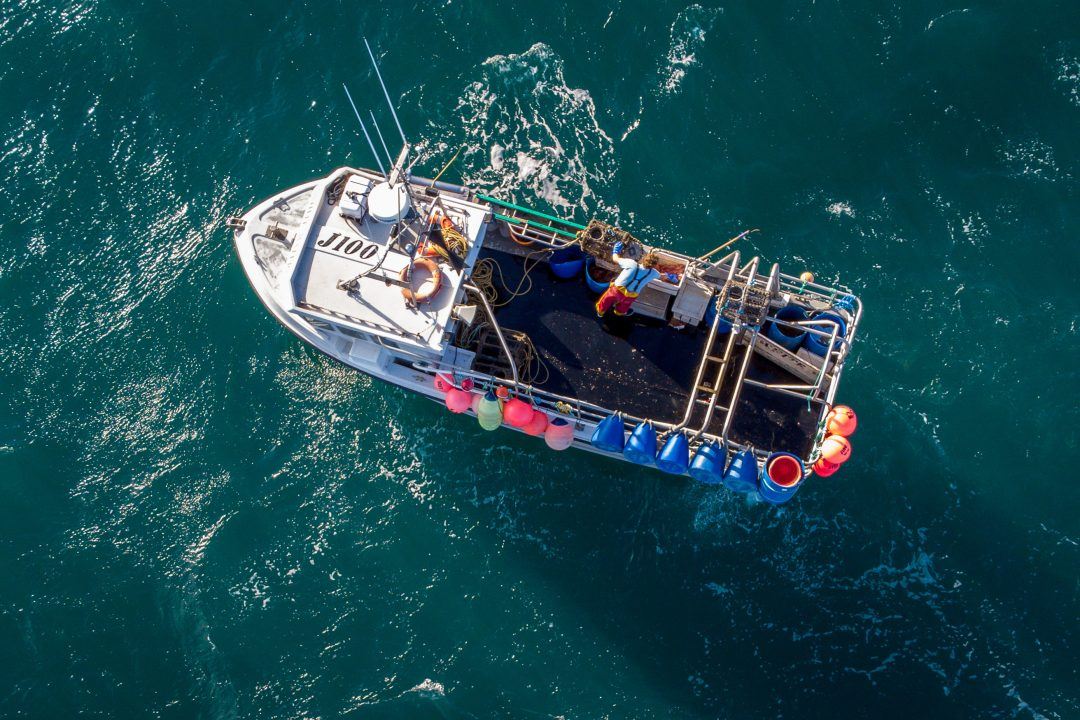 PA Media
PA Media



